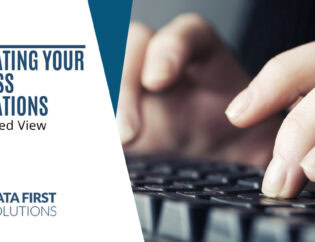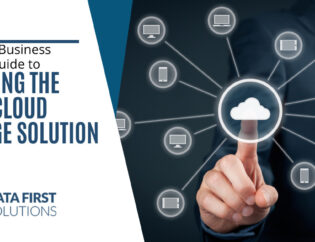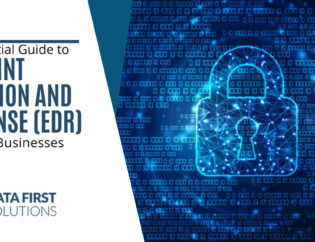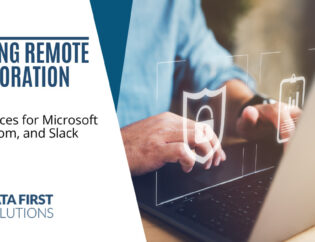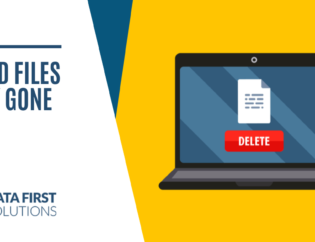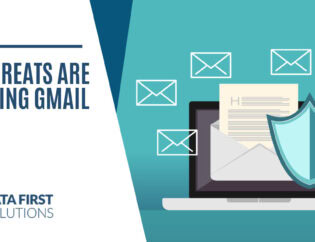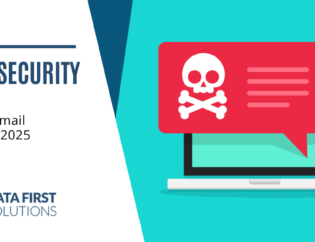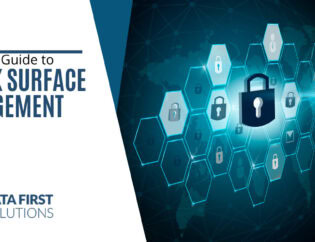
This is where DMARC, DKIM, and SPF come into play – three powerful email authentication protocols designed to protect against email spoofing, phishing, and other malicious activities.
While implementing these protocols is a significant step towards enhancing email security, it’s essential to understand that they are not a one-time fix. Effective email authentication requires ongoing management and monitoring to ensure that these protocols remain up-to-date and aligned with your organization’s evolving needs.
Understanding DMARC, DKIM, and SPF
Before delving into the importance of managing these protocols, let’s briefly explore what they are and how they work.
DMARC (Domain-based Message Authentication, Reporting, and Conformance)
DMARC is an email authentication protocol that builds upon the foundations laid by DKIM and SPF. It provides a way for email receivers to verify that incoming messages are legitimately from the claimed sender domain and not spoofed or forged. DMARC also enables domain owners to specify how receivers should handle non-compliant messages, such as rejecting or quarantining them.
DKIM (DomainKeys Identified Mail)
DKIM is a method of email authentication that uses cryptographic key pairs to digitally sign outgoing emails. This signature allows the receiving server to verify that the email originated from an authorized source and has not been tampered with during transit.
SPF (Sender Policy Framework)
SPF is a simple yet effective email authentication protocol that allows domain owners to specify which IP addresses or hosts are authorized to send emails on behalf of their domain. When an email is received, the receiving server checks the SPF record to verify if the sending IP address is authorized to send emails for that domain.
Why DMARC, DKIM, and SPF Need Ongoing Management
While implementing DMARC, DKIM, and SPF is a crucial step towards enhancing email security, it’s important to recognize that these protocols are not a set-and-forget solution. Effective email authentication requires ongoing management and monitoring for several reasons:
1. Evolving Threat Landscape
The cybersecurity landscape is constantly evolving, with new threats and attack vectors emerging regularly. Cybercriminals are continuously developing sophisticated techniques to bypass email security measures. By actively managing and monitoring your email authentication protocols, you can stay ahead of these threats and ensure that your defenses remain effective.
2. Organizational Changes
Organizations are dynamic entities, and changes such as mergers, acquisitions, or restructuring can impact email infrastructure and authentication protocols. Failing to update DMARC, DKIM, and SPF configurations to reflect these changes can lead to legitimate emails being flagged as suspicious or blocked, disrupting business communications.
3. Third-Party Service Integration
Many organizations rely on third-party services or applications that send emails on their behalf, such as marketing automation platforms, customer relationship management (CRM) systems, or cloud-based services. Ensuring that these third-party services are properly configured and authorized to send emails on your behalf is crucial for maintaining the integrity of your email authentication protocols.
4. Monitoring and Reporting
DMARC provides valuable reporting capabilities that can help organizations identify and mitigate potential email spoofing attempts. However, these reports need to be regularly monitored and analyzed to gain actionable insights and take appropriate measures to strengthen email security.
5. Policy Refinement
As organizations gain experience with DMARC, DKIM, and SPF, they may need to refine their policies and configurations to better align with their specific requirements and email communication patterns. Ongoing management allows for policy adjustments and fine-tuning to optimize email authentication and minimize false positives or negatives.
Best Practices for Managing DMARC, DKIM, and SPF
To effectively manage and maintain the integrity of your email authentication protocols, consider the following best practices:
1. Establish a Dedicated Team or Assign Responsibilities
Assign a dedicated team or individuals responsible for managing and monitoring DMARC, DKIM, and SPF implementations. Clearly define roles and responsibilities to ensure accountability and consistent oversight.
2. Implement Monitoring and Reporting Processes
Set up processes to regularly monitor DMARC reports and analyze them for potential issues or spoofing attempts. Establish procedures for investigating and addressing any identified concerns promptly.
3. Conduct Regular Audits and Reviews
Periodically review and audit your DMARC, DKIM, and SPF configurations to ensure they are up-to-date and aligned with your organization’s needs. This includes verifying authorized IP addresses, domains, and third-party service integrations.
4. Stay Informed and Educated
Stay informed about the latest developments, best practices, and industry standards related to email authentication protocols. Attend relevant training sessions, webinars, or conferences to stay up-to-date with emerging trends and techniques.
5. Collaborate with Third-Party Service Providers
Maintain open communication and collaboration with third-party service providers that send emails on your behalf. Ensure they are properly configured and authorized to maintain the integrity of your email authentication protocols.
6. Automate Where Possible
Explore automation opportunities to streamline the management and monitoring processes for DMARC, DKIM, and SPF. Automation can help reduce manual effort, minimize errors, and ensure timely updates and responses.
Implement DMARC, DKIM, and SPF
Implementing DMARC, DKIM, and SPF is a crucial step towards enhancing email security and protecting your organization from email spoofing and phishing attacks. However, it’s important to recognize that these protocols are not a one-time solution. Effective email authentication requires ongoing management, monitoring, and refinement to ensure that your defenses remain robust and aligned with your evolving organizational needs.
By following best practices and actively managing these protocols, you can stay ahead of emerging threats, maintain the integrity of your email communications, and protect your organization’s reputation and stakeholders from malicious actors.
At Data First Solutions, we understand the importance of email security and the critical role that DMARC, DKIM, and SPF play in protecting your organization. Our team of experts is dedicated to providing comprehensive email security solutions, including implementation, management, and ongoing support for these protocols. Contact us today to learn how we can help you strengthen your email authentication and safeguard your business communications.
